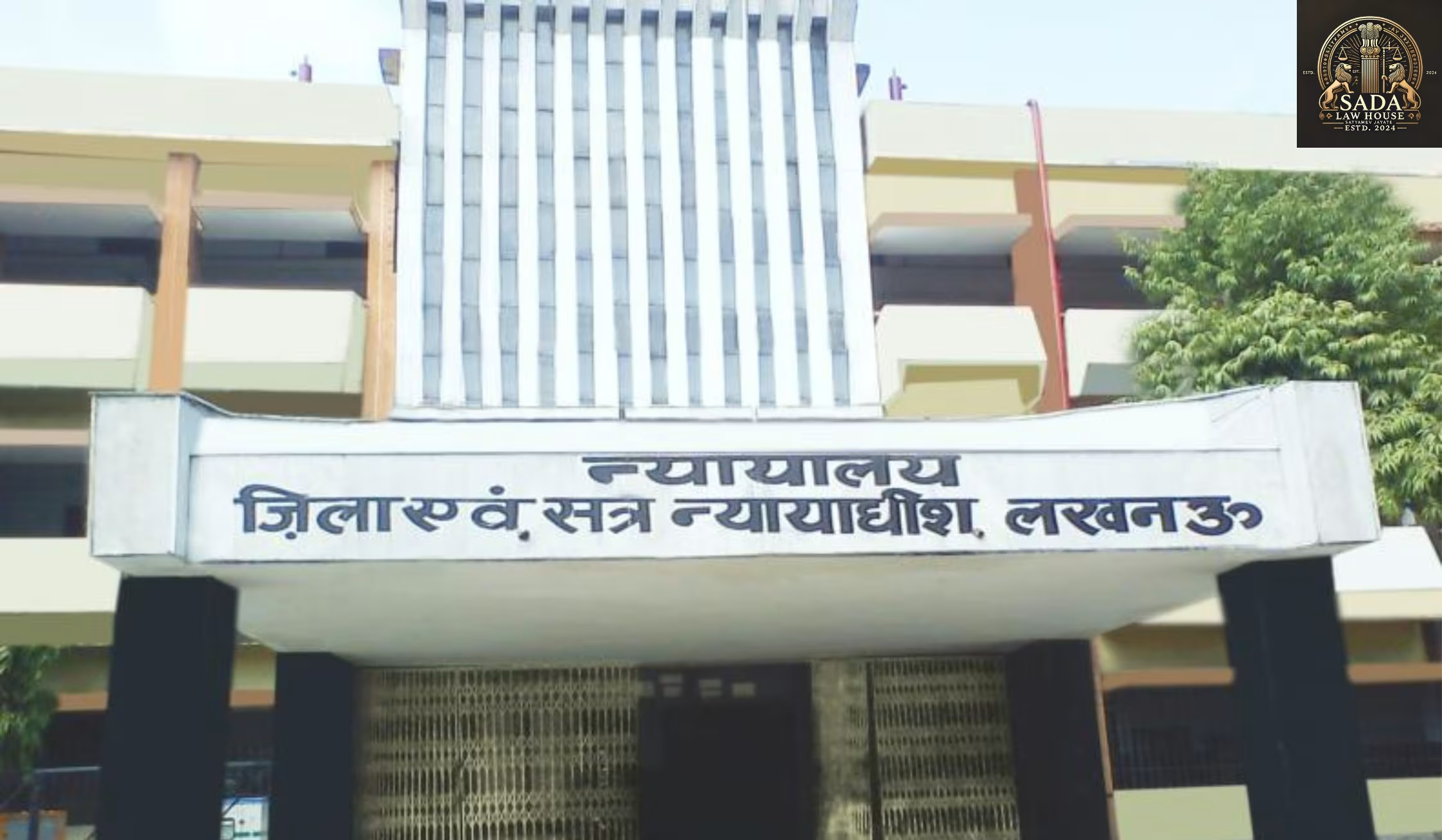Lucknow Court Sentences Woman for Filing False SC/ST Gangrape Case, Highlights Misuse of Protective Laws
- KASHISH JAHAN
- 19 June 2025

A special court in Lucknow convicts a woman for filing a false gangrape case under the SC/ST Act. Explore the verdict’s legal, social, and judicial impact, highlighting the implications of misusing protective laws in India.
Landmark Verdict on Misuse of Protective Laws
In a significant ruling, a special SC/ST (Prevention of Atrocities) Act court in Lucknow sentenced a 29-year-old woman to seven and a half years of rigorous imprisonment for filing a false gangrape case. Filed in 2021, the case alleged gangrape and caste-based violence by five men. After reviewing the evidence, the court found the complaint was fabricated and motivated by personal enmity.
The verdict is attracting national attention due to its strong message against the misuse of laws meant to protect marginalized communities.
Court’s Reasoning and Evaluation of Evidence
The court cited multiple contradictions in the complainant’s statements, inconsistencies in the medical reports, and testimony from independent witnesses that exposed the falsehood of the claims. The court emphasized that false accusations can destroy innocent lives and erode the credibility of protective legislation.
A fine of ₹2.01 lakh was also imposed on the convict, to be paid as compensation to the five wrongfully accused men who faced severe social and emotional repercussions during the course of the legal proceedings.
Broader Legal and Social Implications
This case brings attention to the urgent need to balance protection and fairness within special legislation like the SC/ST Act. While this law is vital for addressing oppression against Dalits and Adivasis, even isolated incidents of misuse can undermine its public support and moral foundation.
The judgment stresses the importance of preliminary scrutiny and due diligence before proceeding with serious accusations under special provisions.
Legal Precedent and Future Safeguards
This ruling serves as a cautionary precedent, urging lawmakers to consider procedural reforms that detect false allegations without weakening the law’s original intent. Legal experts caution that while punishing misuse is necessary, it should not become an excuse to delegitimize real victims of atrocities.
Going forward, courts and lawmakers must aim to uphold justice while preserving the integrity of protective laws.
Conclusion: A Call for Judicial Balance and Integrity
The Lucknow court’s decision is a powerful reminder of the responsibilities tied to protective legislation. It underscores the need for a legal culture that is fair, evidence-driven, and protective of both victims and the falsely accused.
This case will likely influence how future cases under the SC/ST Act are evaluated across India, reinforcing the need for a judicious and balanced approach to justice.






